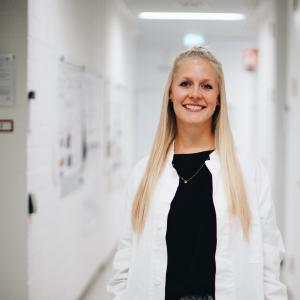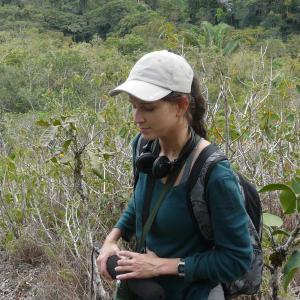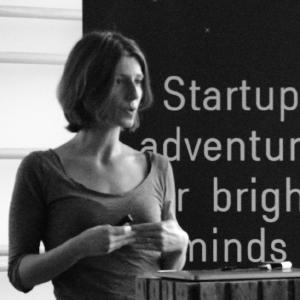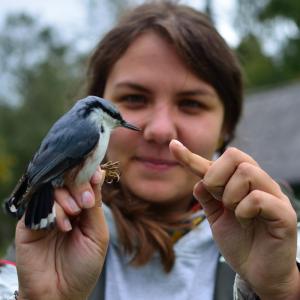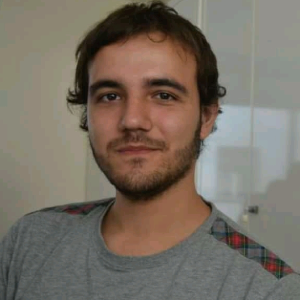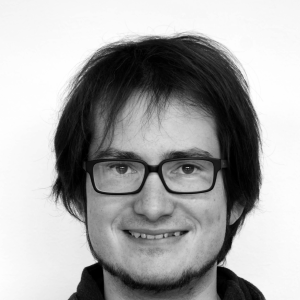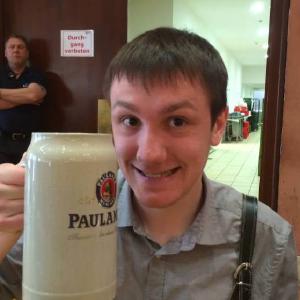The very first Munich Science Slam happened in June 2018.
It was our first experimental foray into the world of science slams and science communication. The workshop happened at Google Munich a week before the slam. What came out of that evening was a pleasant surprise - the workshop was intense yet very useful, and all participants reported they learned a lot and enjoyed it. Perhaps the snacks and beer provided by Google, our host, helped!
The Munich Science Slam Event happened at Burda Bootcamp. We were extremely excited and curious to see whether other people would also like our idea! Initially, we expected only 50 people in the audience. Still, more than 70 showed up, packing us all together in a small, hot room in the middle of the summer. It was no sweat, though; our speakers were highly motivated and delivered engaging scientific talks! In total, we had nine lightning talks (1 minute) and four full-length talks (10 minutes) and the topics ranged from “Learn how to read a Chinese menu in 10 minutes”, “Languages of Emotion,” “Noise in the brain: Not what you think,” “Antarctica is melting,” to “What do the gut and the brain have to do with each other” (in a rhymed format!). Using Tweedback as the feedback system, the audience rated how engaged they were during the talk and whether they could answer two specific trivia questions related to the presentation.
Presentation Skills Workshop
- Location: Google Isar Valley Event Space
- Attendance: 14 People
Want to participate, but don't have a talk ready? Have a topic, but not sure how to begin? No worries! In this 4-hour intensive workshop, we'll apply "design thinking" methodologies to the time-tested 3-act essay structure, producing and testing a passionate lightning talk as a group.
Science Slam Main Event
- Location: Burda Bootcamp
- 1-Minute Lightning Talks: How can we pack more science into less time? Let's try it out!
- 10-Minute Full-length talks: While still shorter than the average conference talk, 10 minutes was more than enough time to teach the audience something new. Whether it's a new language, a new part of the world, or a new part of your brain, discover something interesting in this short-format talk!
- Live Feedback Analysis: What can we learn about what makes a good talk? What should we reward in science communication? By analyzing our audience feedback data live, done with Python in Jupyter Notebook, we explore what aspects of the audience review predicted a well-evaluated presentation.
- Attendance: 70 People
In our Science Slam Event, our speakers finally present their talks!
